Introduction
Synthetic Intelligence: The Next Evolution in Human Capability Humanity has always dreamed of enhancing intelligence. From writing systems to computers, every leap in technology has expanded our ability to think, learn, and create. Today, a new frontier is emerging: synthetic biological intelligence.
Unlike traditional AI, which runs on silicon chips, synthetic biological intelligence merges living cells and biology with computational models. This branch of synthetic intelligence could redefine what it means to be human, opening the door to enhanced learning, healing, and adaptation.
To learn more about this evolution, visit synthetic intelligence.
What is Synthetic Biological Intelligence?
Synthetic biological intelligence is the integration of biological systems (such as DNA, neural cells, or proteins) with computational processes. Instead of simply mimicking human thought, it allows intelligence to grow, evolve, and adapt like a living organism.
It is one of the most groundbreaking branches of synthetic artificial intelligence, with potential applications in medicine, biotechnology, and even human enhancement.
Why It’s Different from AI
| Feature | Artificial Intelligence (AI) | Synthetic Biological Intelligence |
|---|---|---|
| Core Medium | Algorithms, silicon chips | Biological systems + computation |
| Purpose | Mimic human reasoning | Create new hybrid intelligence |
| Learning Method | Data-driven training | Genetic & biological adaptation |
| Example | Chatbots, smart assistants | DNA-based computing, brain-like tissues |
Human Capability and Enhancement
The most exciting potential of synthetic biological intelligence is its ability to extend human capability.
- Cognitive Enhancement – Systems that directly link with the human brain to improve memory, learning, and problem-solving.
- Biological Healing – Cells enhanced with syntheticAI that repair tissue or fight disease.
- Adaptive Evolution – Humans could adapt to new environments with help from hybrid biological intelligence.
Applications of Synthetic Biological Intelligence
- Medicine
- Smart cells that target cancer.
- Adaptive therapies that evolve with patient biology.
- Neuroscience
- Brain-computer interfaces powered by synthetic artificial intelligence.
- Regenerating neurons with synthetic systems.
- Biotechnology
- DNA-based computing for faster data processing.
- Hybrid systems combining living organisms and machines.
- Space Exploration
- Enhanced human adaptability for living in extreme environments.
- Biological systems designed to survive extraterrestrial conditions.
Examples in Action
| Field | Application | Example |
|---|---|---|
| Medicine | Disease-fighting cells | Cancer-targeting therapies |
| Neuroscience | Brain-computer links | Memory enhancement devices |
| Biotech | DNA computing | Genetic logic processors |
| Space | Human adaptability | Engineered biology for Mars |
Benefits of Synthetic Biological Intelligence
- Revolution in Healthcare – From curing genetic diseases to regenerating organs.
- Enhanced Human Intelligence – Smarter, faster, and more adaptive thinking.
- Environmental Impact – Self-adaptive biological systems for ecosystem repair.
- Exploration – Humans capable of surviving in extreme environments.
Ethical and Social Concerns
The rise of synthetic intelligence in biology raises questions:
- Should humans alter their biology with syntheticAI?
- Who controls access to enhancements?
- Could it create a divide between “enhanced” and “non-enhanced” humans?
Addressing these challenges will be crucial for responsible growth.
The Future of Human Capability
With synthetic biological intelligence, humans may not just rely on machines—we may become part machine ourselves. By merging biology and synthetic artificial intelligence, we’ll unlock a new era of intelligence that pushes the boundaries of what humanity can achieve.
Conclusion
Synthetic biological intelligence represents the next leap in human evolution. By blending biology and computation, it doesn’t just improve technology—it enhances humanity itself.
Stay ahead of this evolution at synthetic intelligence.
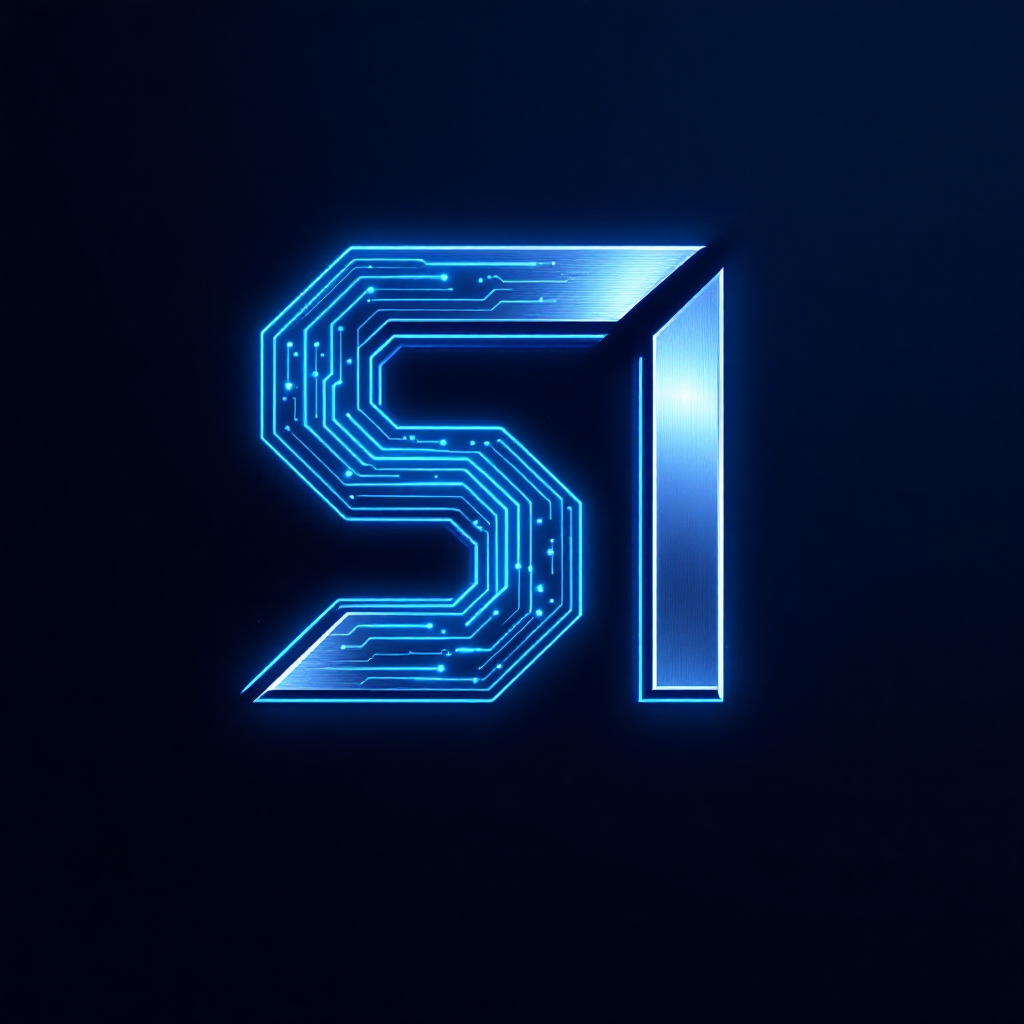





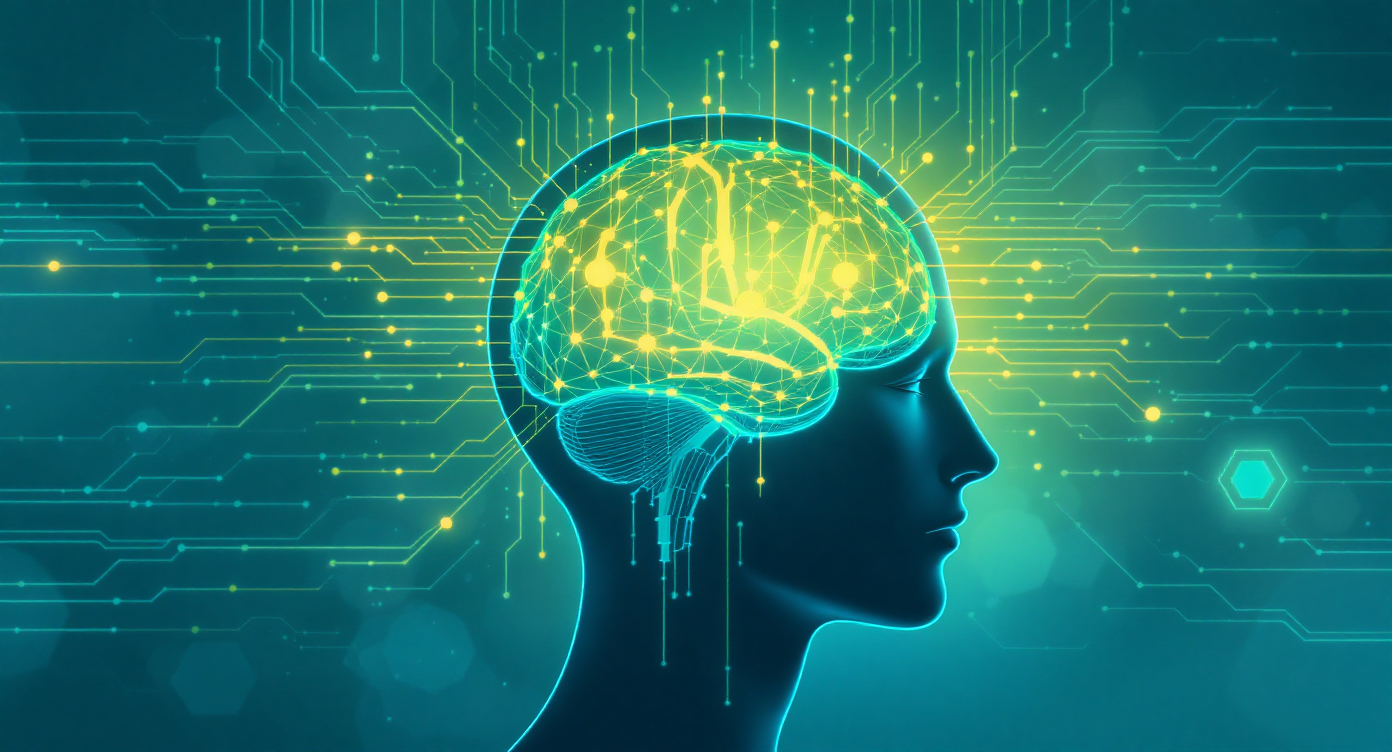
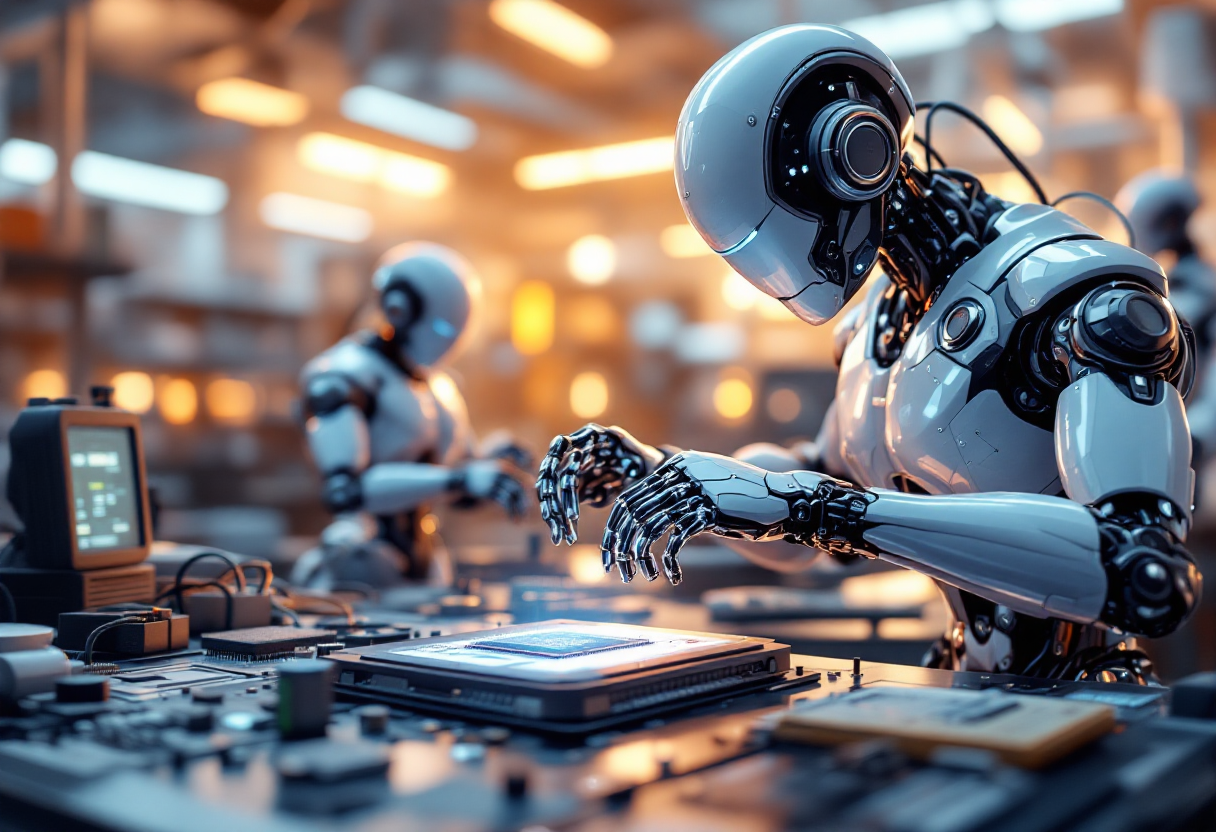
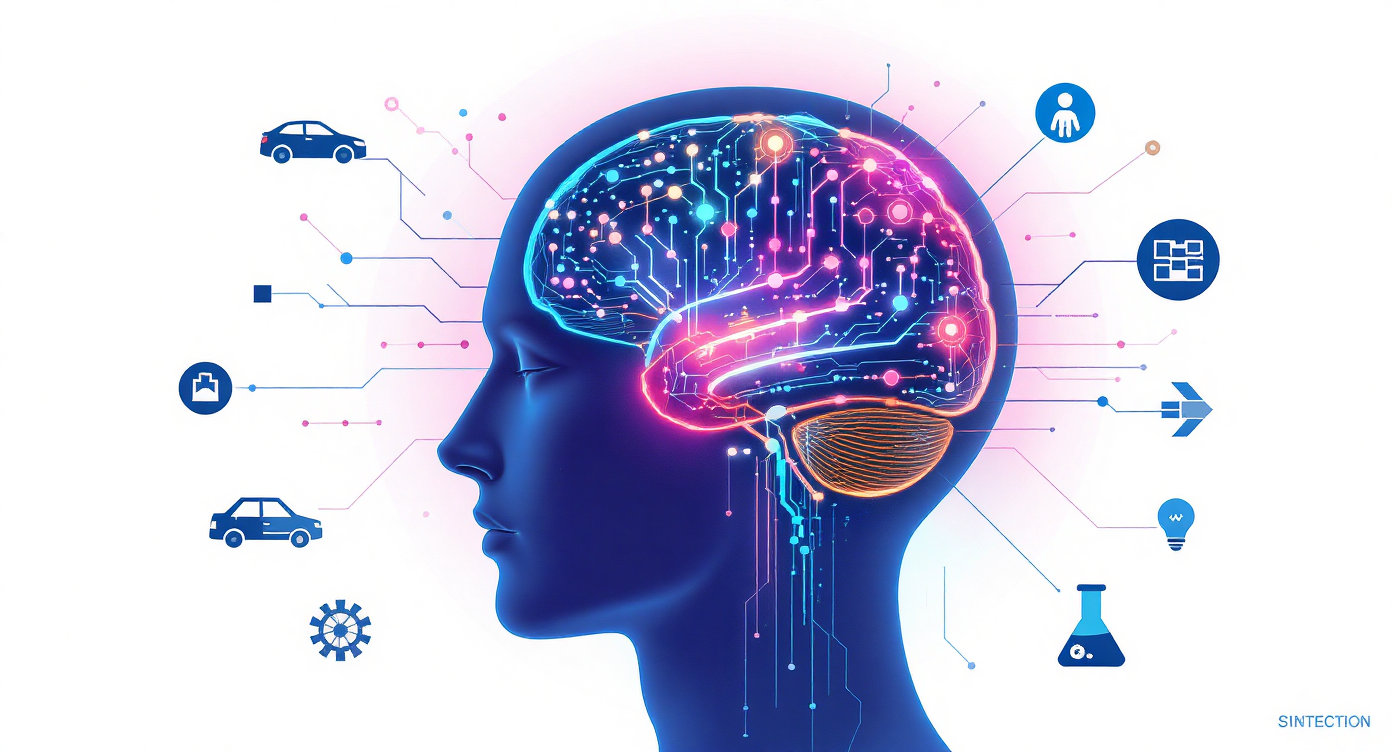
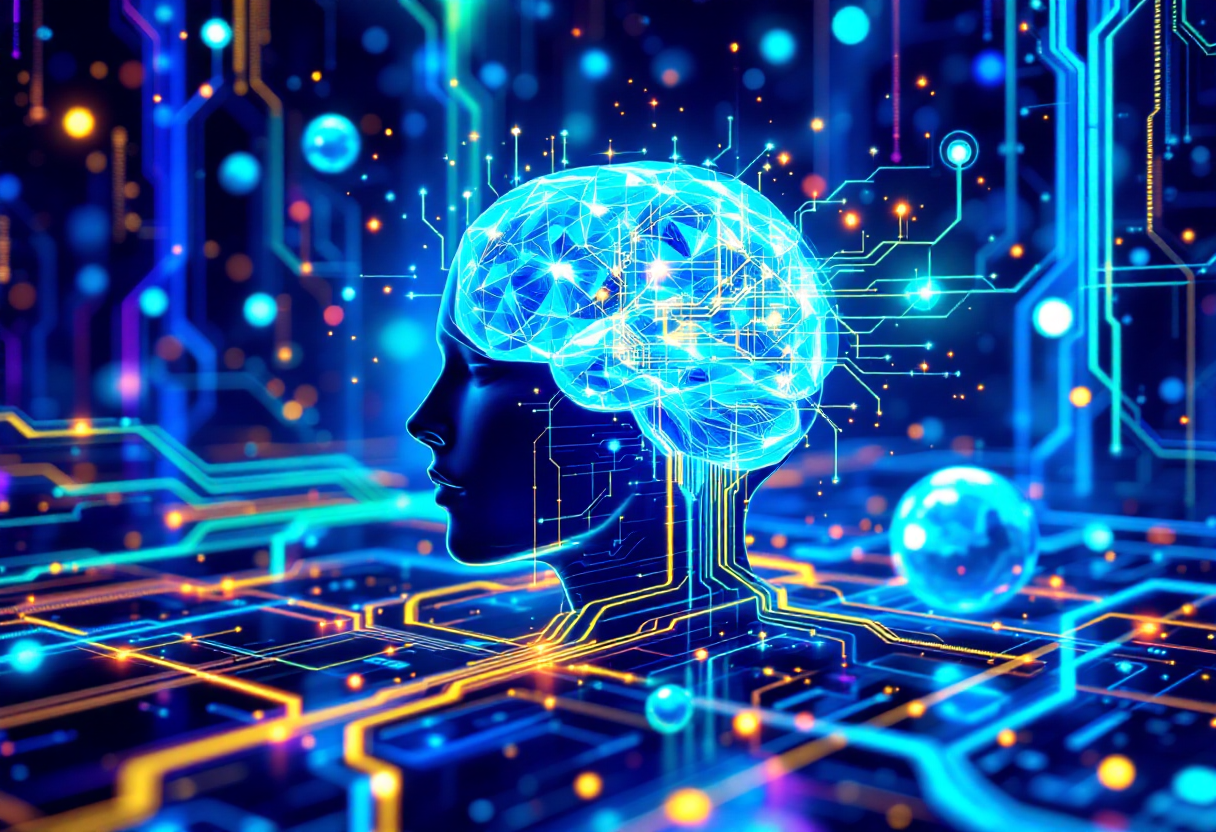
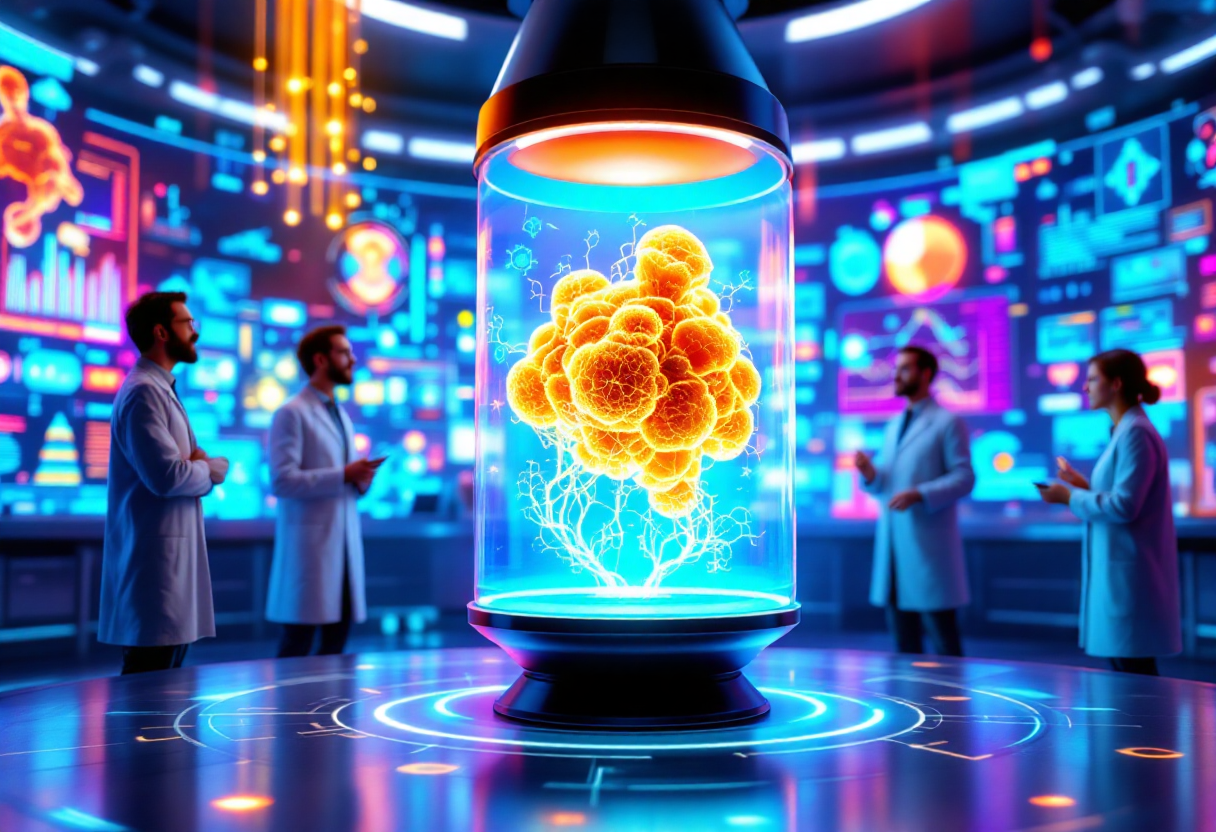
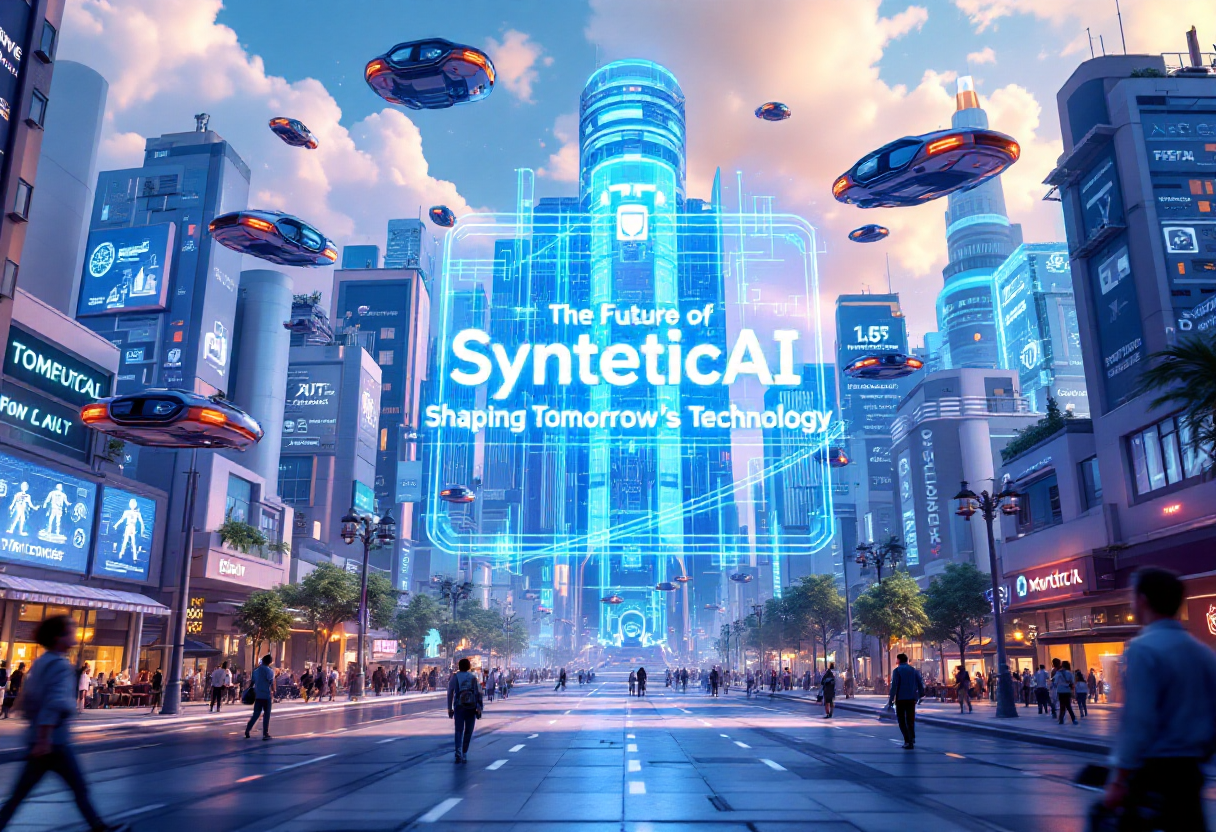
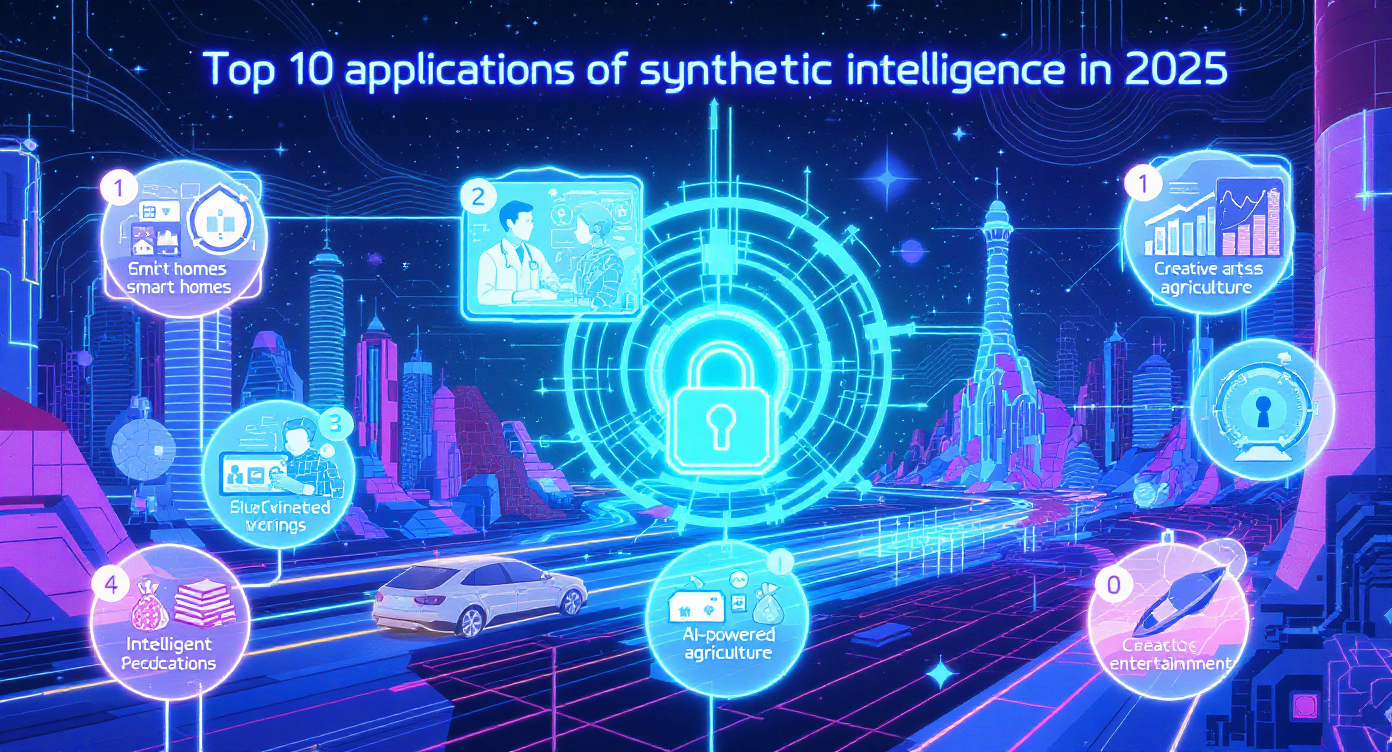

Leave a Reply